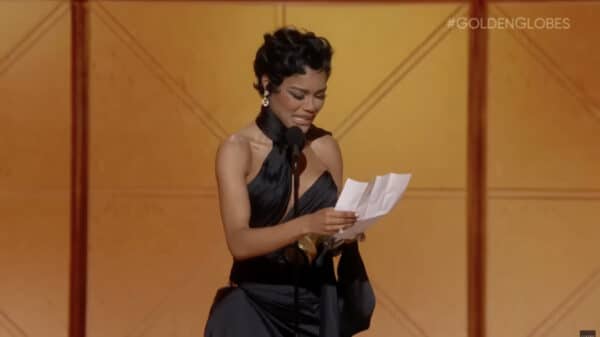In a recent display of diplomatic tension, India has firmly criticized the United States and the European Union for what it perceives as unfair scrutiny regarding its ongoing purchases of Russian oil. This comes in the wake of significant geopolitical upheaval resulting from Russia’s invasion of Ukraine.
A Divergent Path in Trade Relations
India’s response highlights a crucial point: while it is being singled out for its oil dealings with Russia, both the US and EU continue to engage in extensive trade with Moscow. This raises questions about the consistency and fairness of the international community’s approach to global sanctions.
Prime Minister Narendra Modi’s Bharatiya Janata Party (BJP) united with the opposition Congress party to collectively denounce US President Donald Trump’s vocal criticisms. This rare political unity underscores the seriousness with which India views the situation, suggesting that national pride and economic interests are intermingled in this discourse.
Economic Repercussions and Strategic Imports
The implications of the criticism are vast. India’s Foreign Ministry made it clear that it finds it hypocritical for nations like the US and EU to chastise it while engaging in trade with Russia. This counter-narrative is important for asserting India’s sovereignty in foreign policy and trade choices.
India’s oil imports have surged, reaching approximately 1.75 million barrels per day from January to June 2025, reflecting a 1% increase compared to the previous year. This data point is vital, especially given India’s historical ties with Russia not only in energy but also in sectors like diamonds—traditionally a significant part of India’s jewelry industry.
Potential Fallout from Tariffs
The situation escalated further when President Trump announced a potential 25% tariff on Indian goods entering the US. Experts predict that such measures could severely impede India’s economy, with estimates suggesting a 30% drop in Indian goods exports to the US for the fiscal year ending March 31, 2026.
Manish Tewari, a prominent figure in the Indian Congress party, articulated the emotional undercurrents involved, stating that Trump’s remarks undermine the dignity of Indians. His comments reflect a larger sentiment in India, where the population perceives external pressure as an affront to national respect.
The Historical Context of India-US Relations
In an evocative quote, BJP Vice President Baijayant Jay Panda echoed sentiments from Cold War-era diplomat Henry Kissinger: “To be an enemy of America can be dangerous, but to be a friend is fatal.” This quotation poignantly summarizes the precarious nature of India’s geopolitical balancing act between major global powers.
Conclusion: Navigating Diplomatic Challenges
As the situation continues to unfold, India’s navigation of its international relations will be scrutinized not just by global powers but also by its own citizenry. The nation stands at a crossroads: balancing its economic interests while asserting its sovereignty. The coming months will likely reveal how these tensions will shape not just India’s future trade relationships but also its standing on the global stage.
India’s resolve in this challenging situation demonstrates that nations will continue to forge their paths, even when pressured by larger powers, reinforcing the notion that trade is often as much about politics as it is about economics.
Image Source: Unsplash




























